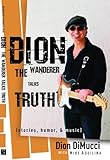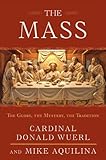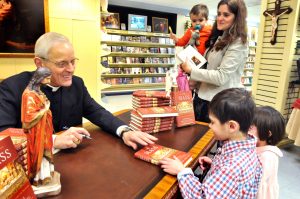I just got my copy of Roger Pearse’s amazing new edition of Eusebius’s Gospel Problems and Solutions. You’ve probably heard that modern scholars have “discovered” “errors” in the Gospels. Well, Christians have always been aware of difficulties and have offered reasonable solutions. It’s amazing that we’ve had to wait so long for an English translation. How long have we been speaking English?
You’ve surely heard the questions. Why is the genealogy in Matthew different to that in Luke? Why is there more than one ending for Mark? Why does it say he was three days in the tomb when he wasn’t? Maybe you’ve asked them yourself. Eusebius faces them all squarely and answers with excellent scholarship.
This book is a must-have for folks who love the Bible and the Fathers. It has an English translation, with the original languages — Greek, Latin, Syriac, Arabic, and Coptic — on facing pages.
Gospel Problems and Solutions is notable not only for its content, but for the revolutionary methods Roger used in putting it together. He assembled a team of remote translators and paid them for their work. Then, with one of his translators, he assembled the pieces, added excellent introductions and notes, and rendered it editorially clean. He did it all independently of the traditional supports of publishing and academia. Let’s hope many more long-awaited patristic translations will appear, now that Roger’s proved it’s possible. Let’s show the world, too, that it works — by buying the book!
Nor is Eusebius’s genre extinct. I was pleased to receive not long ago a copy of Daniel Fanous’s Taught by God: Making Sense of the Difficult Sayings of Jesus, a very good modern approach to some perennial questions. It’s just out from St. Vladimir’s Seminary Press.


